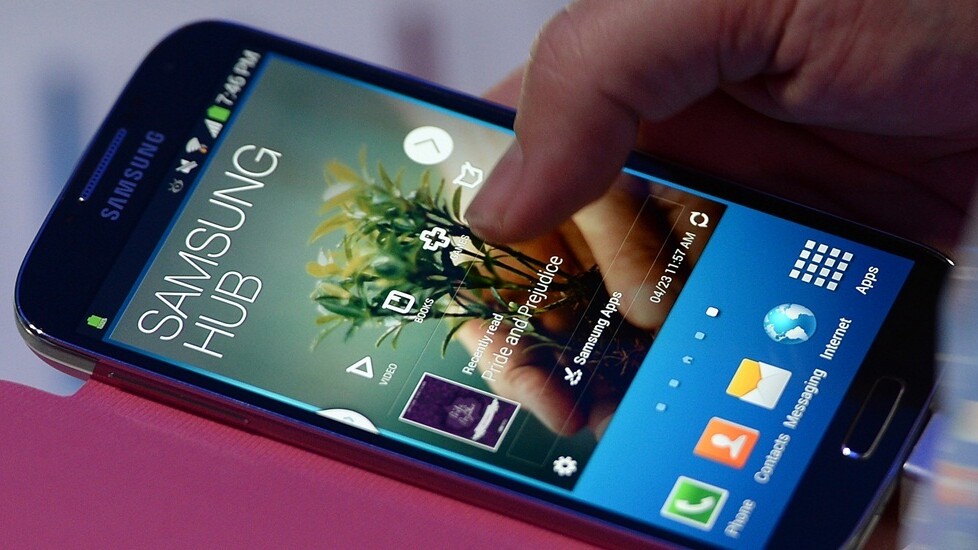
With Google I/O 2013 just an hour away, where the company is widely expected to announce Android 4.3, there comes a stark reminder that the mobile platform may be first in market share worldwide, but it is still second (to iOS) in profits. The Android platform accounted for 43 percent share of the entire smartphone industry’s operating profits in Q1 2013, of which Samsung captured a huge 95 percent share.
The latest estimates come from Strategy Analytics, which says the smartphone industry reached $12.5 billion worldwide in the first quarter of this year. Samsung’s Android smartphone shipments generated $5.1 billion of operating profit worldwide in Q1 2013, leaving the remaining Android players in the dust:
The only other player that Strategy Analytics felt was worth breaking out was LG, but it doesn’t have Samsung’s efficient supply chain, wide array of products, nor marketing power to drive such an impressive profitability. We would argue the main reason LG could even grab such share in the first place was mainly due to the Nexus 4, a phone that Google of course invested a lot in (money which LG didn’t have to put in, hence a larger profit).
The problem for Google is starkly underlined here, even despite the Nexus line of products. The American company can’t make any major decisions for Android without first consulting its South Korean partner.
In fact, the situation may be much worse than it might first appear in the above table, according to Strategy Analytics:
Samsung is, for now, the undisputed king of the global Android smartphone industry. We believe Samsung generates more revenue and profit from the Android platform than Google does.
As a result, Samsung is the only Android player with real market power. As has been argued before, it could potentially use its position to influence the future direction of the Android ecosystem; for example, Samsung could request features it specifically wants to see on the platform, ask to get updates of new software before rival hardware vendors from Google, or even request for exclusive updates.
The good news is that there has been no indication this is happening. So far, Google appears to have been playing a more or less fair game: Samsung’s competitors just need to step up. We’ll see today if Google has anything up its sleeve to help them.
Top Image Credit: Greg Wood/Getty Images
Get the TNW newsletter
Get the most important tech news in your inbox each week.






